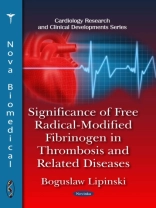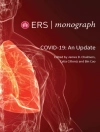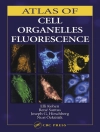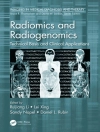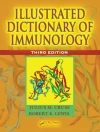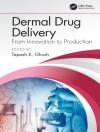Conversion of a soluble fibrinogen into insoluble fibrin with thrombin leads to the formation of a hemostatic plug that under physiological conditions is degraded by plasmin. Thrombosis is considered to be a result of an imbalance between procoagulant and anticoagulant activities of blood and the persistent presence of fibrin clots in the coronary, pulmonary or cerebral circulations. The main component of a thrombus is fibrin formed from fibrinogen by the action of thrombin. Human plasma fibrinogen is one of the largest plasma proteins composed of three pairs of polypeptide chains linked together by means of disulfide bonds. This new book discusses and presents information regarding the significance of free radical-modified fibrinogen in thrombosis and related diseases.
Boguslaw Lipinski
Significance of Free Radical-Modified Fibrinogen in Thrombosis and Related Diseases [PDF ebook]
Significance of Free Radical-Modified Fibrinogen in Thrombosis and Related Diseases [PDF ebook]
Buy this ebook and get 1 more FREE!
Format PDF ● Pages 95 ● ISBN 9781617286438 ● Editor Boguslaw Lipinski ● Publisher Nova Science Publishers ● Published 2016 ● Downloadable 3 times ● Currency EUR ● ID 7219900 ● Copy protection Adobe DRM
Requires a DRM capable ebook reader
